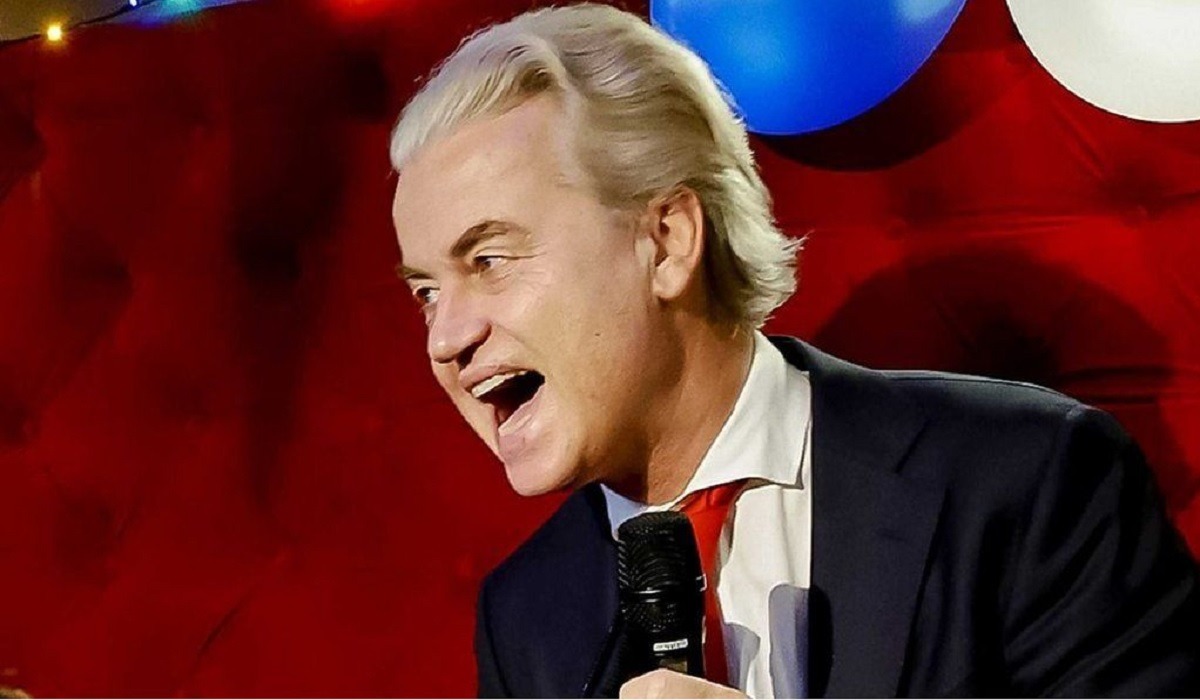Geert Wilders, a prominent figure in Dutch politics, has sparked both support and concern for his views on immigration and Islam. Despite being labeled as far-right, he asserts that he champions the concerns of ordinary citizens. In this article, we delve into who Geert Wilders is and what he stands for.
Geert Wilders’ Political Rise:
Dubbed “Mozart” for his distinctive blonde hair, Wilders entered Dutch politics 25 years ago. Initially known for his hardline stance on immigration, he later adjusted his approach, putting inflammatory policies on hold to broaden his appeal.
Denial of Far-Right Allegations:
While many characterize Wilders as far-right, he rejects the label, emphasizing a commitment to consensus-building. He contends that mass immigration marginalizes indigenous people, a sentiment he believes is often overlooked.
Policy Shifts for Mainstream Appeal:
To make his party more acceptable to mainstream voters, Wilders shelved proposals such as banning the Koran, Islamic schools, and mosques. This strategic move led to a significant increase in his party’s representation in parliament.
Controversies and Legal Issues:
Wilders has faced legal challenges for his verbal attacks on immigrants, particularly those of Moroccan origin. His 2014 rally chant demanding “fewer” Moroccans resulted in an insult conviction, though he was later cleared of incitement.
Freedom Party’s Ideological Influence:
While Geert Wilders personifies the Freedom Party for many, its ideology is shaped significantly by his right-hand man, Martin Bosma. Often likened to the Dutch Donald Trump, Wilders has criticized the political elite in The Hague and Brussels.
Personal and Political:
Despite his firebrand image, Wilders is known for his affability and has maintained 24-hour security for nearly two decades due to threats on his life. Married for 30 years to Krisztina, a former Hungarian diplomat, Wilders has played a pivotal role in Dutch politics, both in opposition and support of governments.
Anti-EU Stance and Coalition Challenges:
Geert Wilders has consistently advocated for leaving the EU, a stance that aligns him with nationalist leaders like Viktor Orban and Marine Le Pen. However, forming a coalition in Dutch politics may require him to moderate some of his more radical proposals.
Conclusion:
Geert Wilders’ recent electoral victory raises questions about the future direction of Dutch politics. As he navigates coalition negotiations, the extent to which he can balance his staunch views with the need for consensus remains uncertain. Whether he follows the path of other European leaders who moderated their positions for electoral success remains to be seen.

